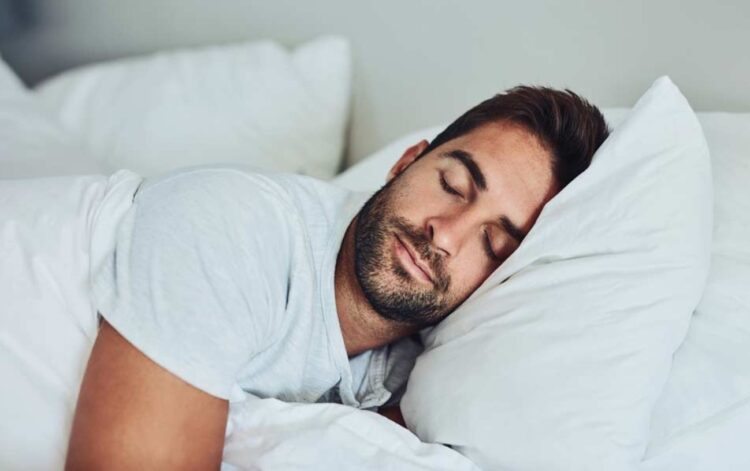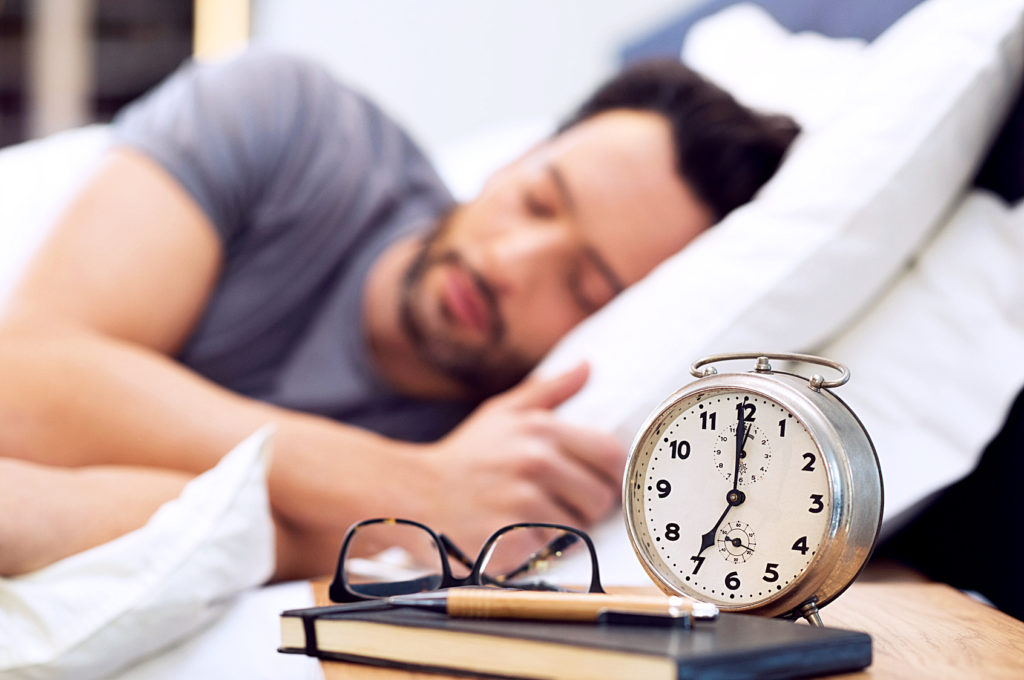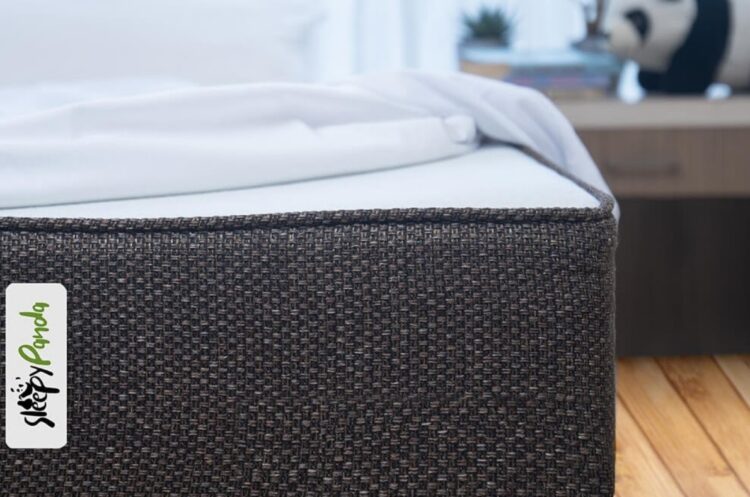
Quality sleep and mental well-being go hand in hand. Many ignore the importance and the impact sleep has on our life in the long run. This blog explains how you can sleep well and boost your mental health.
Sleep is essential and plays a vital role in your physical and mental well-being. Adults generally require seven to nine hours of sleep, but many of them throughout the world are reporting difficulty in sleeping well. Insomnia is now becoming a common problem worldwide. It is estimated that 33% of the world’s population is affected by it. Even people who aren’t diagnosed with chronic insomnia are experiencing sleep disorders due to many other reasons. They don’t get the recommended hours of sleep. And deprivation adversely affects their mental health.
According to GayFriendly.com it is important to know what steps we can take to tackle this epidemic and improve mental health.

How sleep and mental health are related
Sleep deprivation leaves you irritable and exhausted initially, but it later snowballs into serious long-term health consequences. It can lead to heart disease, type 2 diabetes, and depression.
Research throws light on the complex relationship between sleep and mental health. Most recent studies make it clear that sleep plays a role in the development and maintenance of different mental health aspects.
Sleep problems can alter the state of your mental health, and these conditions worsen the insomnia problem. Because there is a circular relationship between mental health and sleep patterns, it’s crucial to talk to a doctor if you have problems falling or staying asleep.
Lack of sleep can make us physically ill. It is also linked to heart diseases, diabetes and premature aging.

How is sleep affected by mental health problems?
Anxiety keeps your thoughts constantly racing, making it difficult for you to fall asleep. Depression is on a steep rise among the people. It leads to oversleeping, sleeping very late or sleeping a lot during the day. It can also lead to insomnia.
It’s common among those who are suffering from Post Traumatic Stress Disorder (PTSD) to experience night terrors or nightmares. They make you feel anxious about falling asleep again. Mania may induce racing thoughts in your mind making it difficult to fall asleep. In some cases, medications can cause side effects resulting in insomnia or oversleeping.
How good sleep helps the brain
The brain controls your biological clock. It also processes stimuli, sensations, events, and emotions. And takes all that information and communicates with the rest of the body to react. Your brain transfers this information chemically through brain cells with a process called synapses. These connections sometimes also get overloaded, making you feel drained all day.
When you are sleeping, the function of the synapses gets restored. Sleep synchronises the body clocks, it helps in consolidating and storing the memories. This state also helps in rehearsing instinctual behaviours.
Sleep helps you in cementing your memories. It solidifies your newly formed memories and assorts the previous ones by deleting unnecessary details from them. During this process it also links different pieces of information related to the same thing. All these processes are essential in generating ideas and solving problems creatively.

How to make a good night’s sleep a reality
Stick to a fixed sleep schedule. When you aim to improve your sleep hygiene and go to bed at the same time every night, it’ll help you fall asleep faster.
To get good sleep, it’s often necessary to watch what you consume. Avoid addictive substances like caffeine, alcohol, or sugar before bedtime. Also, don’t have a large meal before bed.
It’s important to curb your screen use. Practice proper discipline in shutting down electronics and screened devices at least half-an-hour before you plan to get some slumber. The blue light phones emit disrupts your bio-clock and stimulates your brain to stay awake.
Take some time out to create a comfortable sleep environment. Make your bedroom cool, choose comfortable pillows and mattresses. You need to create an oasis of comfort and cosiness, getting into the bed should feel welcoming.
Employ relaxation techniques in your daily routine. Deep breathing, meditation, and mindfulness are known to calm individuals. It decreases anxiety and helps you sleep.
Studies have repeatedly made it obvious that exercise is associated with improved sleep quality. Just keep the timing in mind, avoid exercising too close to bedtime.
Don’t try to fight sleeplessness. If you unexpectedly wake up and are unable to sleep again, try reading a book or listening to music. Avoid unnecessary tossing and turning or worse, looking at your phone.
How a good mattress is important for a quality sleep
The way sleep is essential, so is the sleeping surface. The perfect sleeping surface ensures our back is protected and our posture is right while asleep. A comfortable surface lets our muscles and ligaments relax and heal themselves. Therefore, your choice of mattress definitely matters when you are planning to get quality sleep sessions.
A good mattress offers the perfect balance between required comfort and support. The ideal sleeping surface should have a perfect blend of both, they must be unique to an individual’s body type, posture, and sleeping requirements. Along with peace of mind, a good mattress will also keep the spine erect.
Memory foam mattresses are known to provide the utmost level of amazing comfort. They are a special innovation, designed keeping in mind the human physiology and orthopaedic requirement. They provide proper alignment to your spine and give you maximum comfort. They provide pressure relief to your shoulder and hips. You’ll wake up well rested and relieved from all your pains. You’ll experience superior support while sleeping, memory foam mattresses adapt to your sleeping style.
If you’re ready to experience the magic of wellness with peaceful sleep, check out the premium quality memory foam mattresses from SleepyPanda. With these special mattresses, your good nights are assured to transition into better mornings.
Final thoughts
Negative consequences of poor sleep are well-documented. Many people are now getting aware of how their sleep patterns impact their mental health and emotional well-being. Sometimes the lack of good sleep may also be due to existing psychological conditions. Therefore, addressing your sleep problems early on is important. Make suitable lifestyle changes that promote quality sleep. But talk to a doctor if your problems persist.













